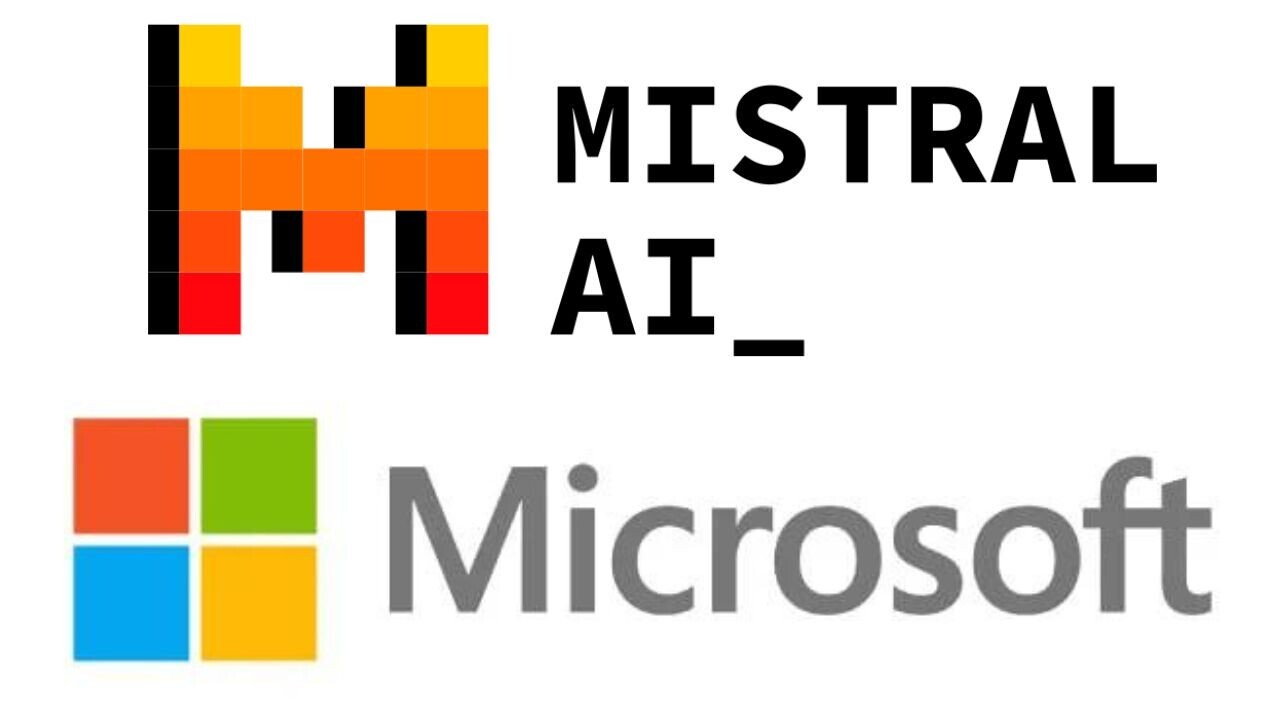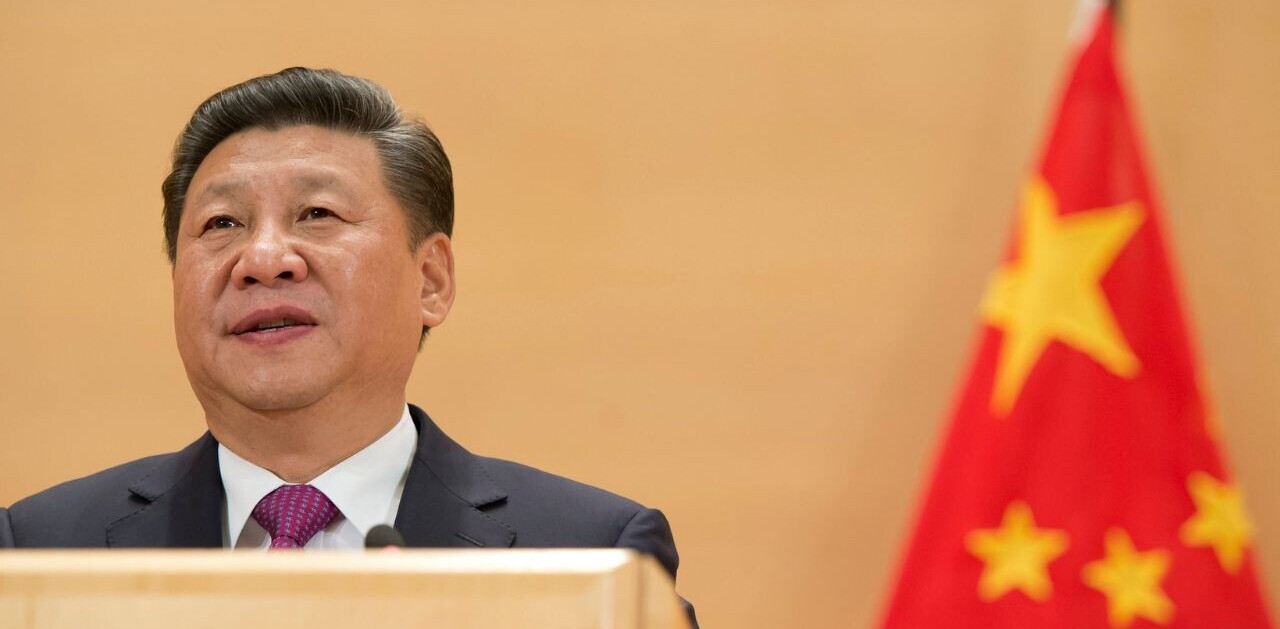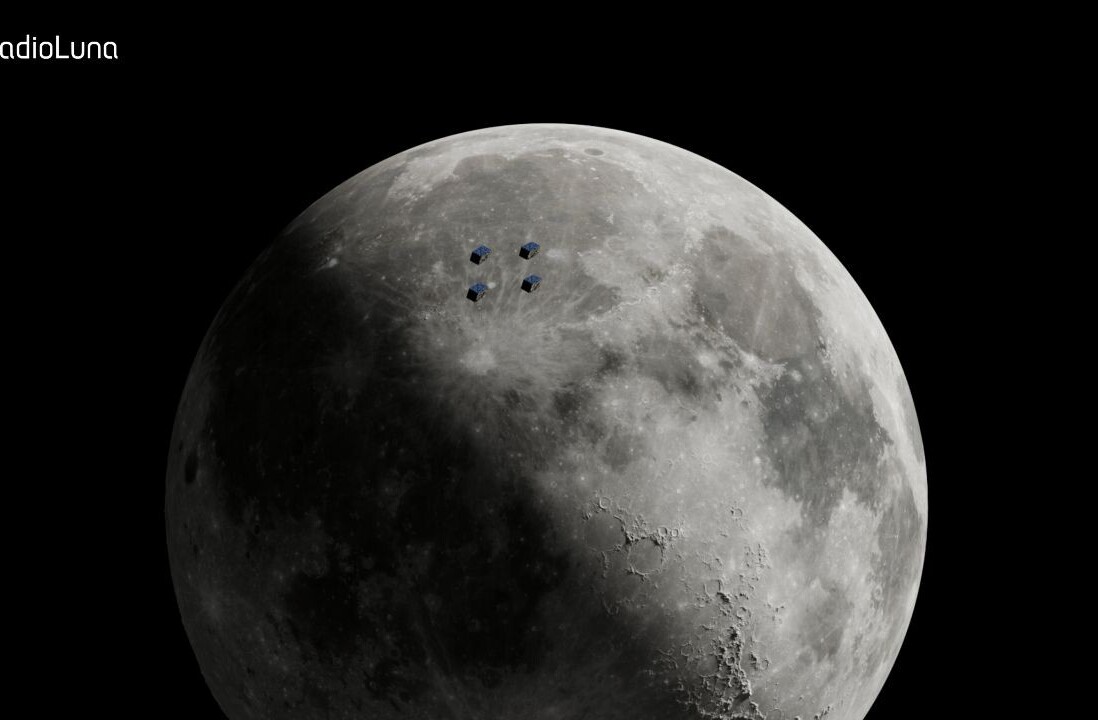
An antitrust probe of Microsoft’s surprise deal with French startup Mistral will come down to the role of “decisive influence,” legal experts say.
Microsoft revealed on Tuesday that it’s investing €15mn in the partnership. Under the terms of the pact, Mistral receives access to the US tech giant’s supercomputers. In return, Microsoft can offer Azure cloud customers access to the startup’s latest AI models.
These models have made Mistral Europe’s closest rival to OpenAI — another Microsoft partner. But both deals are now under scrutiny from EU competition regulators.
According to the European Commission, the Mistral deal has joined a wider review of the generative AI sector.
“The Commission is looking into agreements that have been concluded between large digital market players and generative AI developers and providers,” a Commission spokesperson said in a statement.
Regulators will now decide whether to launch a formal investigation. That would have the potential to unwind the deal.
According to Alex Haffner, a competition partner at UK law firm Fladgate, the key issue is the extent of Microsoft’s minority interest.
“The EU merger control rules only bite if one party acquires a ‘decisive influence’ over another,” he said. In essence, this would mean Microsoft can influence Mistral’s business behaviour through shareholder rights or related contractual means.
The EU must now determine whether Microsoft has acquired such rights.
Mistral lobbying raises eyebrows
Lawmakers from the bloc are also suspicious of the deal’s influence on the AI Act.
During negotiations in November, Mistral lobbied to loosen rules on general-purpose AI models. The partnership with Microsoft has triggered speculation that Mistral had ulterior motives.
Meeri Haataja, the CEO of Finnish AI governance startup Saidot, described the outcry as “a big lesson” about lobbying.
“I bet many people whose integrity and decision-making were influenced by Mistral lobbying must feel foolish after reading [this] news from yesterday,” he said.
Get the TNW newsletter
Get the most important tech news in your inbox each week.




